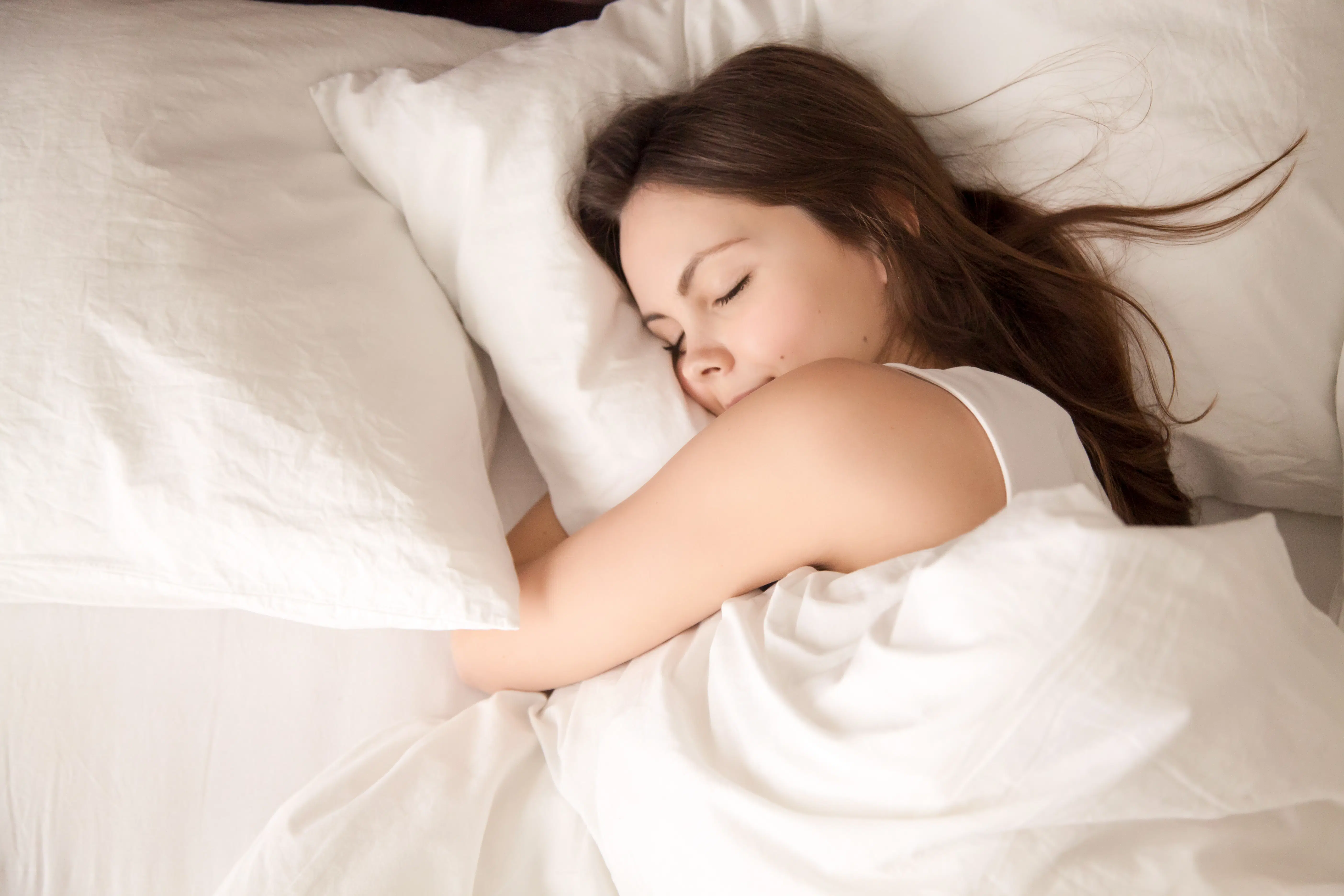
During recovery, you’ll work with clinicians and psychologists to help overcome addiction both mentally and physically. Part of improving your overall health during treatment is ensuring you get enough sleep to provide yourself with the energy needed to tackle each new day. Between meeting with peer groups, attending individual therapy sessions, and engaging in recreational therapy, there’s a lot that you need to be properly rested for. There’s no denying that the stress of overcoming addiction can make it difficult to doze off, but getting a good night’s sleep can make recovery even more effective.
Why Sleep Is So Important
How you feel in the morning greatly depends on how restful your sleep was the night before. If your brain isn’t able to complete its overnight maintenance and rest, it can leave your entire body feeling devoid of energy. Brain fatigue is only one of the side effects of poor sleep, along with:
- Increased stress and anxiety
- Depression
- Emotional instability
- High blood pressure and sugar
- Compromised immune system
- Increased risk of chronic illness
- Overly active appetite
- Additional weight gain
According to the Sleep Foundation, adults age 18 and older require at least seven hours of sleep a night with the recommended maximum being nine hours. Not only is the quantity important, but the quality as well. Fitful nights filled with tossing and turning won’t give your mind and body a chance to recuperate after a long day.
How Sleep Directly Impacts Recovery
When we think about recovery, it’s often viewed through a scope limited to time spent in treatment and the months or few years following. In reality, recovery never ends as you’ll always be dealing with cravings and impulses even when sobriety has become second nature. The primary purpose of recovery is healing physically, mentally, and spiritually. Sleep is the natural state for the body to start healing in, making it even more important for those struggling with substance abuse.
Tips for Better Sleep Hygiene
The list of factors that can negatively impact your sleep primarily consist of poor sleep schedules and sources of stress, anxiety, or energy. When it’s time for you to start maintaining a healthier sleep routine, try these suggestions first:
Create a Sleep Schedule That Works for You
While it’s true that adults no longer have a bedtime set by their parents, maintaining the same sleep and wake times can quickly get your body into a solid routine. Once your brain starts recognizing the normal time you go to bed, it will start its evening routine on cue to make it easier to fall asleep. A schedule also reduces the chances of staying up too late and missing out on precious hours of snoozing.
Keep Energy Levels Low Before Bed
Remember the days of staying up way too late on Christmas Eve fueled by the excitement of the next morning? That same situation persists into adulthood, even if it’s spurred on by anxiety or stress instead of giddy anticipation. Give yourself a chance to decompress before bed with a warm shower or bath leading into some light reading or a relaxing podcast. Try to avoid screens a few hours before bed and keep workouts scheduled for the daytime.
Find Even More Ways To Improve Your Recovery
Sleeping peacefully through the night is a fantastic side effect of the healing and growth you’ll go through during treatment. When the stress of addiction is addressed with positive coping mechanisms and support, you’ll find it much easier to calm your mind and drift off into a deep slumber. For more information on how to get the most out of recovery, reach out to the ARC team today for a free consultation.

